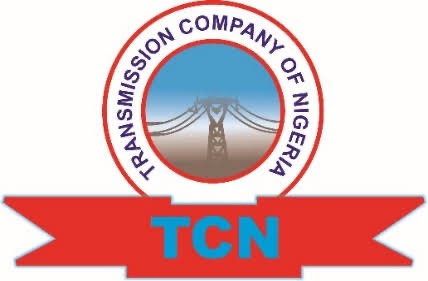The Transmission Company of Nigeria (TCN) has commenced construction work to integrate a new 330kV transmission substation in Bauchi into the national grid, a significant step toward enhancing power reliability in the region. The project, which began on June 10, 2025, involves establishing a turn-in-turn-out (TITO) connection along the existing 330kV Jos–Bauchi–Gombe transmission line. This initiative is designed to bolster the grid’s capacity and provide alternative transmission routes, ensuring a more stable electricity supply for Bauchi and surrounding areas.
The construction is expected to be completed by June 14, 2025, spanning a five-day period during which specific measures will be implemented to manage power distribution. During this time, the Gombe and Biu substations will continue to receive electricity from the Dadin-Kowa Hydro Power Plant and the Maiduguri Emergency Power Plant (MEPP). However, substations in Yola and Jalingo will experience complete outages, as they rely on the affected transmission line segment for power supply.
Other areas, including Bauchi, Gombe, Ashaka, Savannah, Damaturu/Potiskum, and Biu, may face reduced electricity supply due to the temporary reconfiguration of the grid. TCN has planned for the Jos substation to serve as a backup, supplying Bauchi via a 132kV transmission line when the primary 330kV connection through Gombe is unavailable. This arrangement enhances the grid’s flexibility and ensures that emergency power needs can be met during the construction period and beyond.
The new Bauchi 330kV substation is a critical component of TCN’s ongoing efforts to modernize and expand Nigeria’s transmission infrastructure. By integrating this substation into the national grid, TCN aims to reduce transmission losses, improve voltage stability, and increase the overall reliability of power supply in the northeastern region. The TITO configuration will allow the substation to seamlessly connect to the existing Jos–Bauchi–Gombe line, creating a more robust network that can handle increased demand and mitigate the impact of potential outages.
To minimize disruption, TCN has coordinated with relevant stakeholders, including distribution companies and local authorities, to inform consumers of the planned outages and reduced supply. The company has also ensured that alternative power sources, such as the Dadin-Kowa Hydro Power Plant, are optimized to maintain supply to critical areas during the construction period. Residents and businesses in affected areas are advised to plan for potential power interruptions and make necessary arrangements to manage their electricity needs.
Upon completion, the new substation will significantly enhance the grid’s capacity to serve Bauchi and neighboring states, supporting economic activities and improving quality of life. The project aligns with TCN’s broader mandate to strengthen Nigeria’s power transmission network, addressing longstanding challenges such as frequent grid collapses and inadequate infrastructure. The successful integration of the Bauchi substation will mark a milestone in these efforts, paving the way for future expansions and upgrades.
The Jos–Bauchi–Gombe transmission line, a key artery in Nigeria’s northeastern power corridor, plays a vital role in distributing electricity from major generation sources to load centers across multiple states. The addition of the Bauchi 330kV substation will reduce the strain on this line by providing an additional node for power distribution. This will also facilitate better load management and improve the grid’s resilience against faults or maintenance-related disruptions.
TCN’s strategic decision to implement a TITO connection ensures that the new substation can be integrated without requiring extensive modifications to the existing infrastructure. This approach minimizes costs and construction time while maximizing the benefits of the new facility. The substation’s design incorporates modern equipment and technologies to ensure efficient operation and compatibility with Nigeria’s evolving power grid.
The project also underscores TCN’s commitment to improving emergency response capabilities within the national grid. By enabling the Jos substation to supply Bauchi via the 132kV line during outages, TCN is creating a more interconnected and flexible network. This redundancy is critical for maintaining power supply in the face of unexpected challenges, such as equipment failures or natural disasters.
In the long term, the Bauchi 330kV substation is expected to support industrial growth and urbanization in the region by providing a reliable power supply to businesses, factories, and households. The enhanced grid capacity will also facilitate the integration of renewable energy sources, as Nigeria continues to diversify its energy mix. TCN’s investment in this project reflects a forward-looking approach to meeting the country’s growing electricity demand.
Consumers in the affected areas are encouraged to stay informed through updates from their distribution companies and TCN’s official channels. The company has assured the public that every effort is being made to complete the project on schedule and restore full power supply as quickly as possible. TCN has also expressed gratitude for the patience and understanding of affected customers during this critical infrastructure upgrade.
The successful completion of this project will mark another step forward in Nigeria’s journey toward a more reliable and efficient power sector. By strengthening the transmission network, TCN is laying the foundation for sustainable economic development and improved living standards across the country. The Bauchi 330kV substation project is a testament to the company’s dedication to achieving these goals.




